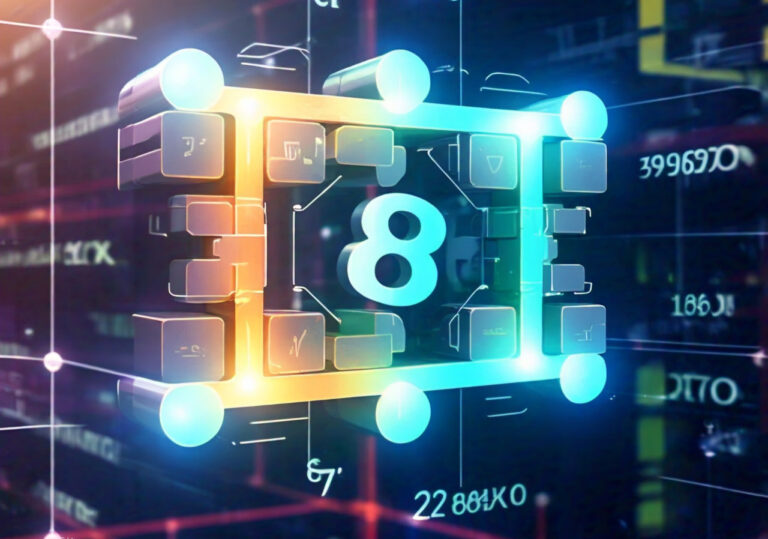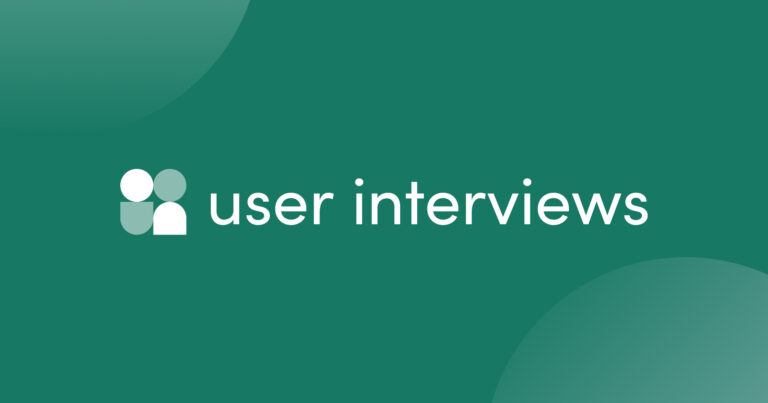Make Money in Crypto by Becoming a Network Tester
As the world of cryptocurrency and blockchain expands, new opportunities are emerging for individuals to earn money while contributing to the growth and development of the ecosystem. One such opportunity is becoming a network tester in the crypto and blockchain space. If you’re curious about this role and how it can help you generate income, this article provides a comprehensive guide to getting started and thriving as a network tester.
What Does a Network Tester Do?
A network tester is someone who actively engages with blockchain testnets (testing environments) to help developers identify bugs, improve user experience, and ensure the stability of the network before its official launch. Network testers interact with decentralized applications (dApps), protocols, or blockchain features to provide valuable feedback to project teams.
Results
#1. Are you ready to start working immediately?
#2. What type of job are you looking for?
#3. What is your gender?
#4. What is your highest level of education?
#5. Do you have a CV or resume ready?
#6. How much would you like to earn per hour?
#7. Have you ever attended a job interview before?
Key tasks include:
- Testing smart contracts and decentralized applications.
- Identifying and reporting bugs or errors in the system.
- Participating in governance activities or stress-testing the network.
- Providing suggestions to enhance usability and performance.
The results of this testing phase are crucial for projects to launch secure, efficient, and user-friendly blockchain products.
Why Do Blockchain Projects Need Network Testers?
Blockchain projects operate in highly technical and competitive environments. Before launching a mainnet (live blockchain network), developers must ensure their systems are robust and free from vulnerabilities. A single flaw in the network can lead to security breaches or loss of funds, which could damage the project’s reputation.
By engaging network testers during the testnet phase, blockchain teams can:
- Identify potential vulnerabilities early.
- Gather diverse user feedback for optimizing the user interface.
- Simulate real-world scenarios to test scalability and efficiency.
- Build trust within their community by demonstrating their commitment to quality.
How Network Testers Earn Money
Participating as a network tester can be financially rewarding. Here are several ways testers earn income:
1. Token Incentives
Many blockchain projects reward testers with tokens from the platform they are testing. These tokens often gain value once the project goes live, providing significant financial returns.
For example:
- Ethereum Name Service (ENS): Early testers received ENS tokens during the project’s launch.
- Aptos Testnet: Participants were rewarded with APT tokens for their engagement, some of which gained substantial value.
2. Exclusive Airdrops
Blockchain projects often reward testers with exclusive airdrops of tokens or NFTs. These rewards can later be sold or held for potential appreciation.
3. Bug Bounty Programs
Some projects pay testers for identifying and reporting bugs. Depending on the severity of the bug, payouts can range from a few dollars to thousands of dollars in cryptocurrency.
4. Community Recognition and Roles
Consistent participation as a network tester can lead to recognition within blockchain communities. This recognition may translate into paid roles, such as project ambassadors, moderators, or community managers.
5. Job Opportunities in Web3
Testing networks equips you with valuable skills in blockchain, DeFi, and dApp usage. This expertise can open doors to roles like blockchain developer, smart contract auditor, or Web3 strategist.
How to Get Started as a Network Tester
1. Learn the Basics of Blockchain
Before diving in, familiarize yourself with blockchain concepts such as:
- Smart contracts
- dApps
- Decentralized finance (DeFi)
- Cryptocurrency wallets
Free resources on platforms like YouTube, Coursera, and Medium are excellent starting points.
2. Set Up a Cryptocurrency Wallet
Most testnets require you to have a wallet to interact with their network. Some of the most popular wallets include:
- MetaMask (Ethereum and compatible blockchains)
- Phantom (Solana)
- Trust Wallet (Multi-chain support)
Ensure your wallet is properly set up and secure.
3. Follow Testnet Announcements
Stay updated on blockchain projects launching testnets by following platforms like:
- Testnet Aggregators
- Twitter accounts of blockchain projects.
- Discord and Telegram groups.
Websites like Airdrops.io and Earnifi also provide information about ongoing testnet opportunities.
4. Engage with Testnets
Interact with dApps, trade on decentralized exchanges, or stake tokens to simulate real-world usage. Record any bugs, glitches, or feedback and submit them through the project’s reporting channels.
5. Document Your Progress
Keep a record of the networks you test and the feedback you provide. This portfolio can demonstrate your expertise when applying for related roles in the future.
Best Practices for Network Testers
- Be Thorough: Test every feature of the platform, including those less likely to be used by most users.
- Stay Organized: Use spreadsheets or note-taking apps to document your activities, rewards, and deadlines.
- Participate Actively: Join project discussions on Discord or Telegram and engage with the community.
- Stay Secure: Avoid phishing scams by double-checking links and safeguarding your wallet’s private keys.
Popular Blockchain Projects Offering Testnet Rewards
Here are a few noteworthy projects that have rewarded network testers:
- StarkNet: A layer-2 scaling solution for Ethereum.
- Optimism: Another Ethereum scaling solution that has conducted multiple testnet programs.
- Arbitrum: Distributed tokens to its testnet users upon mainnet launch.
- Polygon zkEVM: Offered rewards for testing their zero-knowledge proof-based layer-2 solution.
These platforms provide an excellent entry point into network testing.
Challenges in Network Testing
While network testing is rewarding, it comes with its challenges:
- Time-Intensive Tasks: Some testnets require frequent interactions over an extended period.
- Uncertainty of Rewards: Not all testnets guarantee rewards, and some may distribute less than expected.
- Technical Learning Curve: Beginners might find it overwhelming to navigate blockchain environments initially.
However, persistence and consistent learning can help overcome these obstacles.
The Future of Network Testing in Crypto
As blockchain adoption grows, the demand for network testers will increase. Projects launching on newer blockchains, scaling solutions, or specialized niches (like NFTs or GameFi) will need testers to ensure the robustness of their platforms. This trend creates ample opportunities for crypto enthusiasts to contribute to blockchain development while earning significant rewards.
Conclusion
Becoming a network tester is one of the most accessible ways to earn money in the crypto space while acquiring valuable blockchain experience. By engaging with testnets, reporting bugs, and participating in governance activities, you can earn tokens, exclusive airdrops, and potential job opportunities in Web3. Whether you’re new to crypto or looking to expand your skills, network testing offers a promising gateway into the blockchain ecosystem.
So, set up your wallet, explore testnet opportunities, and take your first steps toward becoming a successful network tester today!









